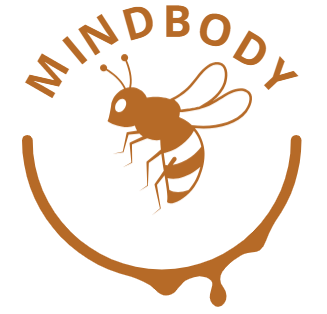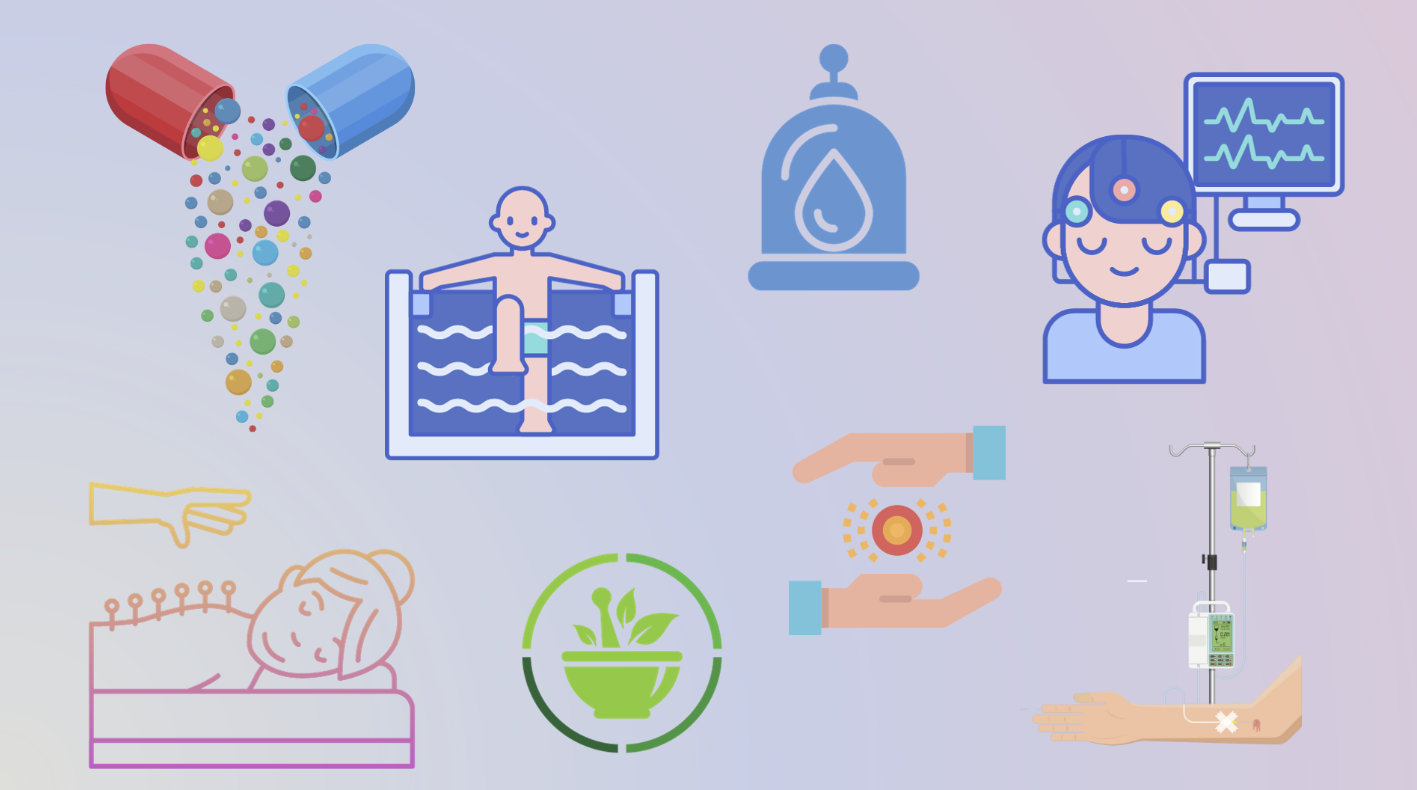
What Are the Most Effective Natural Treatments for Rheumatoid Arthritis?

Natural Rheumatoid Arthritis Treatments for Long-Term Relief
Living with rheumatoid arthritis (RA) can be tough, with constant pain and inflammation affecting both your physical and emotional well-being. While medications and physical therapy can offer some relief, many people are looking for a more holistic approach to manage their symptoms.
In my experience, natural rheumatoid arthritis treatments can provide a promising alternative to medications. The goal in functional medicine is to address the root causes of RA, not just manage the symptoms. From dietary changes and herbal remedies to stress reduction techniques and alternative therapies, these natural treatments can offer long-term relief and enhance your overall quality of life.
In this article, I’ll guide you through different natural treatments, their effectiveness, and how you can incorporate them into your plan for managing rheumatoid arthritis. Whether you’re looking for support alongside your current treatment or exploring alternative options, this information will help you make informed decisions on your path to lasting relief.
Understanding Rheumatoid Arthritis
Rheumatoid arthritis (RA) is a chronic autoimmune disease that mainly affects the joints. Unlike osteoarthritis, which happens due to wear and tear on the joints, RA occurs when your immune system mistakenly attacks healthy tissues, causing inflammation in the joints. This can lead to pain, stiffness, swelling, and reduced joint function. RA can also affect other parts of the body, including the skin, eyes, and organs.
Women are more likely to develop RA than men, and it usually begins between the ages of 30 and 50. Early diagnosis and treatment are key to managing symptoms and preventing long-term joint damage.
Conventional Treatments for Rheumatoid Arthritis
Traditional treatments for RA typically combine medication, physical therapy, and lifestyle changes. Nonsteroidal anti-inflammatory drugs (NSAIDs) like ibuprofen, naproxen, and celecoxib are used to reduce pain and inflammation. Disease-modifying antirheumatic drugs (DMARDs) help slow down the progression of RA and prevent joint damage. Biologic DMARDs such as etanercept (Enbrel) and adalimumab (Humira) target specific components of the immune system, while non-biologic options like methotrexate are also common.
Physical therapy is an essential part of managing RA, helping improve joint mobility, strength, and flexibility. Techniques like heat or cold therapy, splints, and tailored exercises are used to manage pain and improve function. Additionally, lifestyle changes, such as maintaining a healthy weight, quitting smoking, and managing stress, can help reduce symptoms and improve overall well-being.
Limitations and Side Effects of Conventional Treatments
While conventional treatments can be effective, they have limitations and potential side effects. NSAIDs, for example, can cause gastrointestinal issues like stomach ulcers and bleeding. Biologic drugs and other DMARDs may weaken the immune system, making patients more prone to infections. Long-term use of these medications can also increase the risk of liver and kidney damage.
Moreover, not all patients respond well to these treatments. DMARDs don’t work for about 20-30% of people, and some may experience intolerable side effects. This is where natural rheumatoid arthritis treatments can step in, addressing the underlying causes of RA and supporting the body’s healing abilities.
Natural Rheumatoid Arthritis Remedies
A holistic approach to treating RA recognizes that the body is a complex system, and imbalances in one area can affect overall health. By focusing on the root causes of symptoms, you can promote healing from within. This approach takes into account not just the physical aspects of RA but also emotional, mental, and spiritual well-being.
At my practice, we dig deeper to find the root causes of symptoms. For instance, if food sensitivities are triggering RA flare-ups, we look at why the body is reacting to certain foods. It’s not just about avoiding those foods; we address digestive issues, microbiome imbalances, or other factors that might be contributing to the problem.
To uncover these deeper issues, we use a variety of tests, including:
- Stool tests to check for gut bacteria imbalances.
- Food sensitivity tests or elimination diets.
- A saliva cortisol test to assess adrenal function since stress can contribute to inflammation.
- A lymphocyte MAP test to assess immune system dominance and guide supplement use.
- Blood work to check hormone levels and liver/kidney function.
Rheumatoid Arthritis Diet
Diet plays a significant role in managing RA. What you eat can directly affect your symptoms. Certain foods can create nutrient deficiencies or trigger inflammation. For example, foods that spike blood sugar and insulin levels can increase inflammation and exacerbate pain.
RA patients often react to foods like nightshades (tomatoes, eggplants), beans, lentils, soybeans, peanuts, and whole grains due to lectins, compounds that can disrupt digestion and nutrient absorption. By focusing on an anti-inflammatory diet, cutting out processed foods and added sugars, and avoiding trigger foods, you can significantly reduce symptoms.
In addition to these dietary changes, staying hydrated, limiting alcohol, and maintaining a healthy weight are essential for managing RA.
Exercise, Even When You Don’t Feel Like It
It can be tempting to avoid movement when you’re dealing with joint pain, but staying active is crucial. A sedentary lifestyle can make joint pain and inflammation worse, while regular movement helps reduce pain, improve joint function, and prevent further damage.
Low-impact exercises like walking, swimming, cycling, and tai chi are great options for RA patients, as they improve flexibility and range of motion without stressing the joints. Strength training with light weights or resistance bands can also help build muscle strength and provide better support for the joints.
Incorporating kinesiology tape can also be helpful for reducing pain and improving movement while exercising.
Best Supplements for Rheumatoid Arthritis
When it comes to supplements for RA, there’s no one-size-fits-all approach. Based on clinical history and test results, I personalize supplement recommendations for each patient. Some commonly used supplements include:
CBD Oil: Studies show CBD oil can reduce joint inflammation and pain in RA patients. In clinical practice, we’ve seen similar improvements in pain levels with CBD use.
Turmeric/Curcumin: Known for its anti-inflammatory properties, curcumin from turmeric can help reduce joint stiffness and pain. Research suggests it significantly improves morning stiffness and joint swelling in RA patients.
Immunoglobulins: For patients with leaky gut or multiple food sensitivities, immunoglobulins can help reduce immune reactions and support gut health.
Probiotics: If a gut imbalance is present, probiotics can help restore healthy gut flora. But, probiotics should be introduced after addressing any bacterial overgrowth or imbalances.
Omega-3 Fish Oil: Omega-3s from fish oil have strong anti-inflammatory effects and can reduce symptoms like joint pain and morning stiffness. Higher doses (2-4 grams daily) are often recommended for severe joint pain.
Can Stress Cause Rheumatoid Arthritis?
Stress is a significant factor in RA. Mental and emotional stress can worsen symptoms and contribute to disease flare-ups. Techniques like meditation, yoga, and deep breathing exercises can help reduce stress, lower inflammation, and improve overall well-being.
Meditation helps reduce pain, decrease inflammation, and improve mood in RA patients. Guided apps can help beginners.
Yoga combines physical movements, breathing exercises, and relaxation to improve joint mobility and reduce pain. Modified poses can be tailored to your abilities.
Deep Breathing exercises can trigger the body’s relaxation response, which can be especially helpful during times of pain or stress.
Acupuncture for Rheumatoid Arthritis
Acupuncture, a traditional Chinese medicine technique, uses thin needles to restore energy flow and promote healing. While not all studies support its effectiveness, many RA patients report pain relief and improved joint function through acupuncture.
By integrating these natural treatments into your routine, you can effectively manage rheumatoid arthritis, reduce symptoms, and improve your quality of life.





